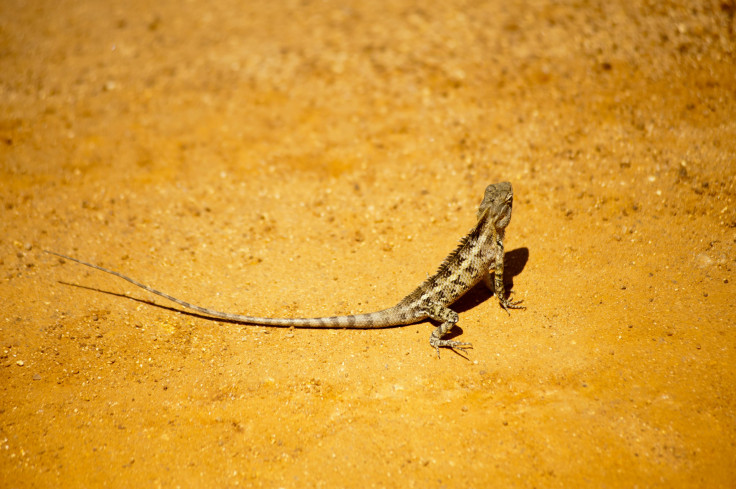
The U.S. Fish and Wildlife Service, Department of the Interior and the Biden administration are facing a lawsuit from Texas Attorney General Ken Paxton for "unlawfully" categorizing the dunes sagebrush lizard as an endangered species.
The 2.5-inch-long lizard lives in only about 4% of the 86,000-square-mile Permian Basin, which covers parts of Texas and New Mexico, as per the Fish and Wildlife Service.
In Texas, the lizard has been spotted in Andrews, Crane, Gaines, Ward, and Winkler counties. This land is also home to some of Texas' largest oil and gas fields.
"The Biden-Harris Administration's unlawful misuse of environmental law is a backdoor attempt to undermine Texas's oil and gas industries which help keep the lights on for America. I warned that we would sue over this illegal move, and now we will see them in court," Paxton said on Monday, as per the official website, adding that the classification was in violation of the Endangered Species Act (ESA).
Paxton's statement said the Fish and Wildlife Service didn't use the best scientific and commercial information while making the decision. He also claimed they ignored existing conservation efforts taking place to save the lizard.
In the past four decades, biologists have warned federal regulators that oil and gas exploration could destroy the lizard's habitat. Earlier this year, federal regulators decided that the industry's growth seriously endangered the lizard, leading them to list it as endangered.
People in the oil industry have argued against the classification, saying the move would discourage companies from drilling in one of the country's richest oil and gas areas.
The endangered listing means oil and gas companies must avoid areas where the lizard lives. Depending on the violation, the companies in these areas could face fines of up to $50,000 and even prison time.
However, the Fish and Wildlife Service hasn't identified those specific areas yet, as they are still collecting information. Paxton's office said that because the exact regions haven't been identified, landowners and businesses don't know what they can do on their land, leading to "regulatory uncertainty and ambiguity."
© 2024 Latin Times. All rights reserved. Do not reproduce without permission.








.jpg?w=600)


